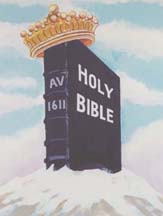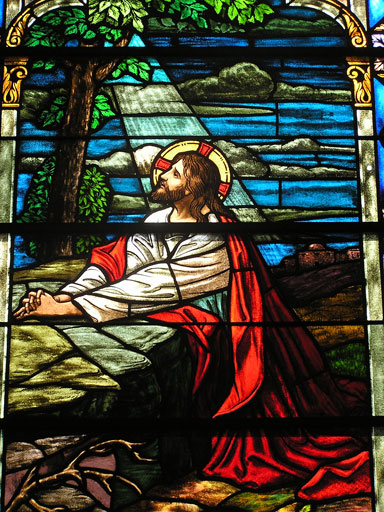Yesterday and today, several people have asked me “how was your holidays?” using the polite, non-sectarian term.
Which, by the way, is fine by me. I have no idea why some people get bent out of shape, drumming up a “War on Christmas” because strangers refuse to assume each other’s religious affiliation. Since when did respecting other people’s religious freedom equal war? I guess, among those who don’t agree with the idea of religious freedom, holiday ettiquette constitutes an act of sedition.
But, I’m getting off point. I’m writing because of the word “was” not the word “holidays.”
Although I don’t go into uncomfortable detail with every cashier and co-worker who asks how my holiday “went,” my Yuletide is not over. I think our attitude toward Christmas is too much of a buildup/letdown approach. We think of nothing but the day itself all through December, and after it’s over we go over the emotional cataract into the blahs of January.
That’s why I like the AUR calendar’s step-by-step approach to Advent, and observing the traditional “12 Days of Christmas” afterward leading up to Epiphany. I mark this gradual rolling out of the Christmas story with my Nativity scene, meditating on the images one by one.
On December 1st, when I put up the unlit decorations for the 12 Days of Gold, I set Mary and the Angel alone in the stable to signify the Annunciation. On the 6th I add Joseph and the donkey.
On the 13th, with the beginning of the 12 Days of Light, I add the ox and the light representing the Star of Bethlehem, along with all of my other lighted decorations.
Last thing Christmas Eve, I add the manger and Baby Jesus. And, on New Year’s Eve, in preparation for the last days leading up to Epiphany, I add the shepherd, sheep, camels, and Magi to complete the image.
But, even for those of us who aren’t Epiphany-observing Christians, are the holidays already in the past? We have New Year’s ahead of us! Why start mourning the end of the holidays with the most exciting (if certainly not the most solemn) still ahead?

 Do you believe that Jesus was a baby sheep or a cat with a tawny mane? Do you think that a ten-headed dragon is going to crawl onto the beach at the end of time?
Do you believe that Jesus was a baby sheep or a cat with a tawny mane? Do you think that a ten-headed dragon is going to crawl onto the beach at the end of time? Many Unitarians have asserted the unity of God merely as a means of distancing themselves from uncomfortable Christological issues, including the “Father and Son” language used to describe Christ’s relationship with God. Sadly, for many American Unitarians in the 1800s, this developed to the point of dismissing Jesus and declaring themselves non-Christians.
Many Unitarians have asserted the unity of God merely as a means of distancing themselves from uncomfortable Christological issues, including the “Father and Son” language used to describe Christ’s relationship with God. Sadly, for many American Unitarians in the 1800s, this developed to the point of dismissing Jesus and declaring themselves non-Christians.